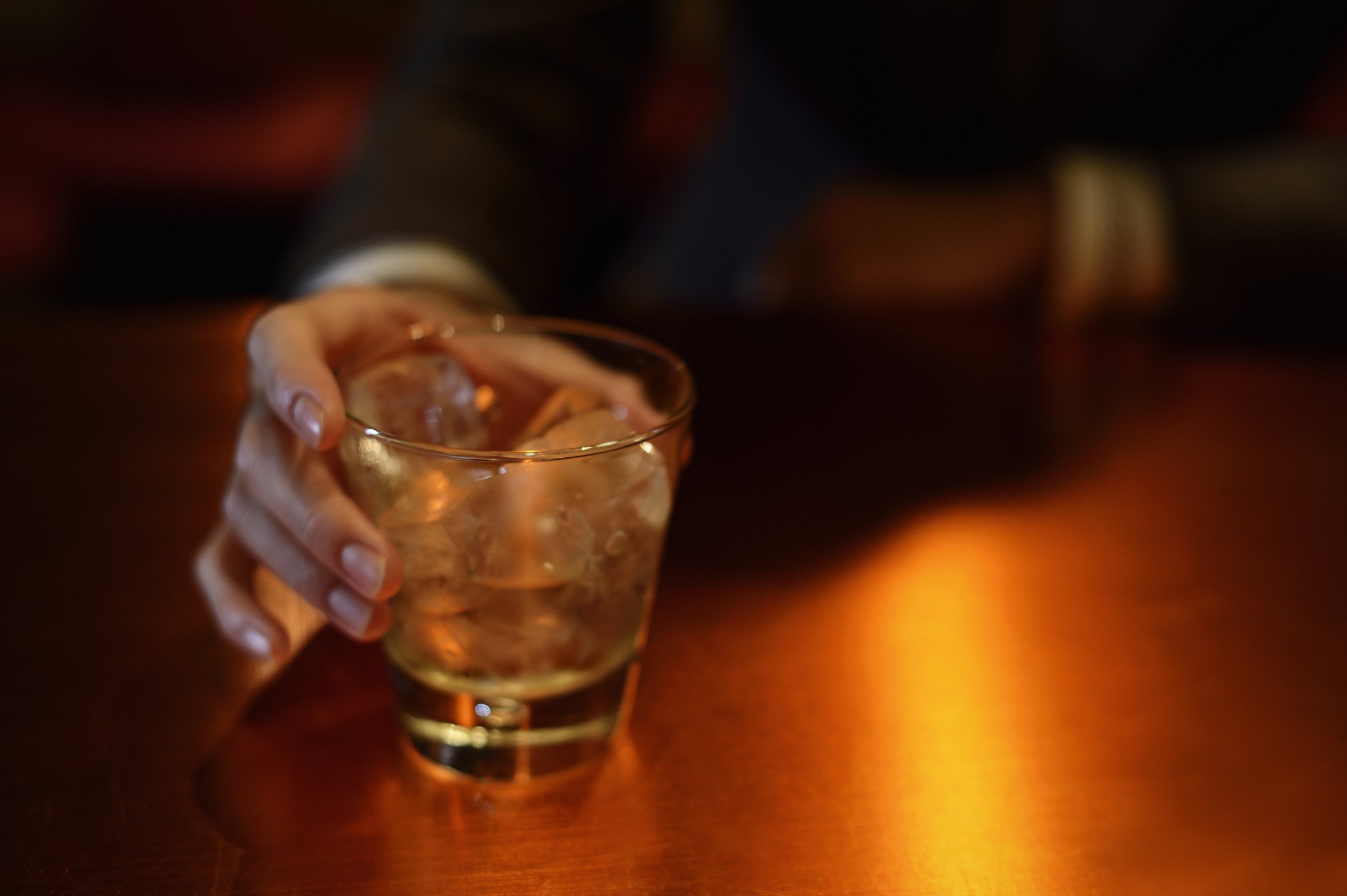
Relapse rates for recovering alcoholics are similar to those suffering from chronic illness, and continued help after leaving a formal treatment center is uncommon and difficult. But soon there may be an app for that.
Researchers from the University of Wisconsin-Madison gave a group of of alcohol-dependent people leaving a residential recovery program a smartphone with the Addiction-Comprehensive Health Enhancement Support System app. The app has audio-guided relaxation techniques, as well as alerts that go off when the participants might find themselves in high-risk situations, such near a bar they used to frequent. Use of the smartphone app was coupled with traditional treatment, and participants reported their drinking behaviors for the past 30 days at 4, 8, and 12 months.
Participants who used the smartphone app reported less risky drinking days than those without, with risky drinking defined as drinking four drinks for men and three for women in a two-hour period. They were also more likely to abstain from alcohol overall. The results were published in the journal JAMA Psychiatry.
The study authors believe apps like theirs could be used to augment alcohol-dependent treatment. “If other studies confirm our results, such applications could provide the type of care identified as most effective—that is, care that continues at least 12 months and involves proactive efforts to change patient behaviors,” the study authors write.
More Must-Reads from TIME
- Donald Trump Is TIME's 2024 Person of the Year
- Why We Chose Trump as Person of the Year
- Is Intermittent Fasting Good or Bad for You?
- The 100 Must-Read Books of 2024
- The 20 Best Christmas TV Episodes
- Column: If Optimism Feels Ridiculous Now, Try Hope
- The Future of Climate Action Is Trade Policy
- Merle Bombardieri Is Helping People Make the Baby Decision
Contact us at letters@time.com